Laura Oleniacz - NC State
-
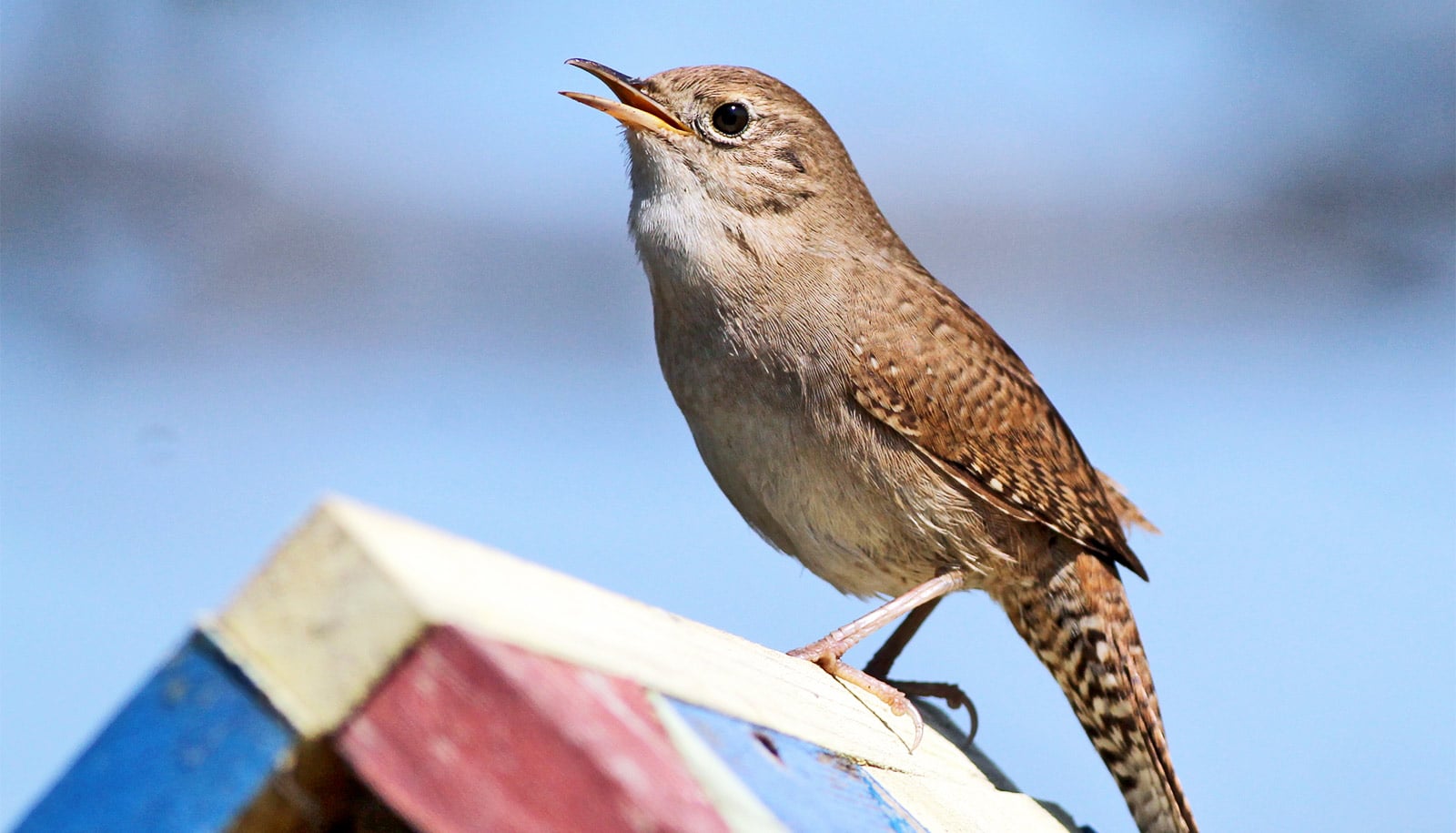 Light pollution may lower survival for some backyard birds
Light pollution may lower survival for some backyard birdsLight pollution at night may lower survival for two backyard bird species. But for one, the American robin, it's the opposite.
-
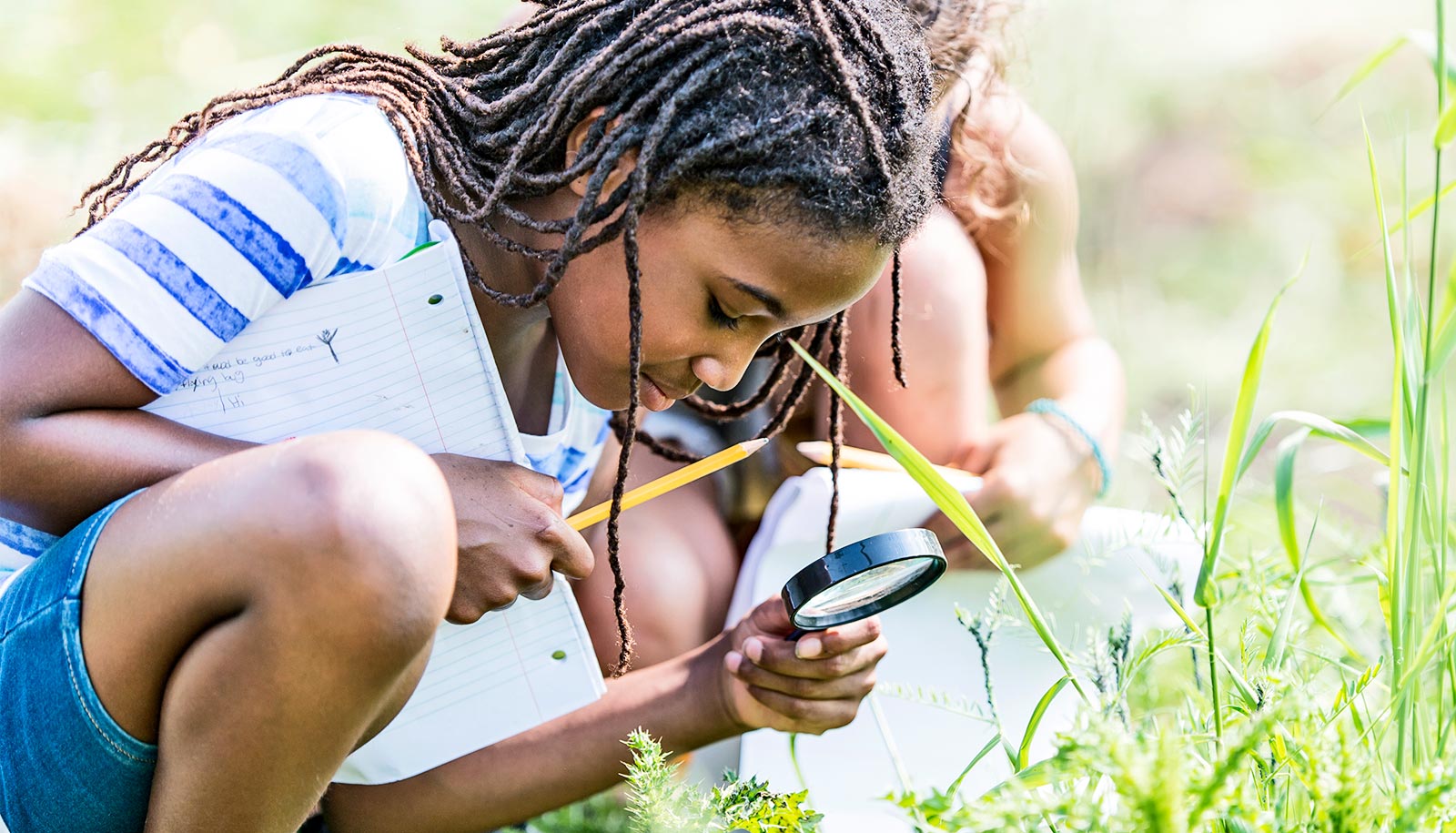 Citizen science motivates Girl Scouts to tackle problems
Citizen science motivates Girl Scouts to tackle problemsAfter taking part in citizen science programs, Girl Scouts were motivated to tackle science or environment problems in their own communities.
-
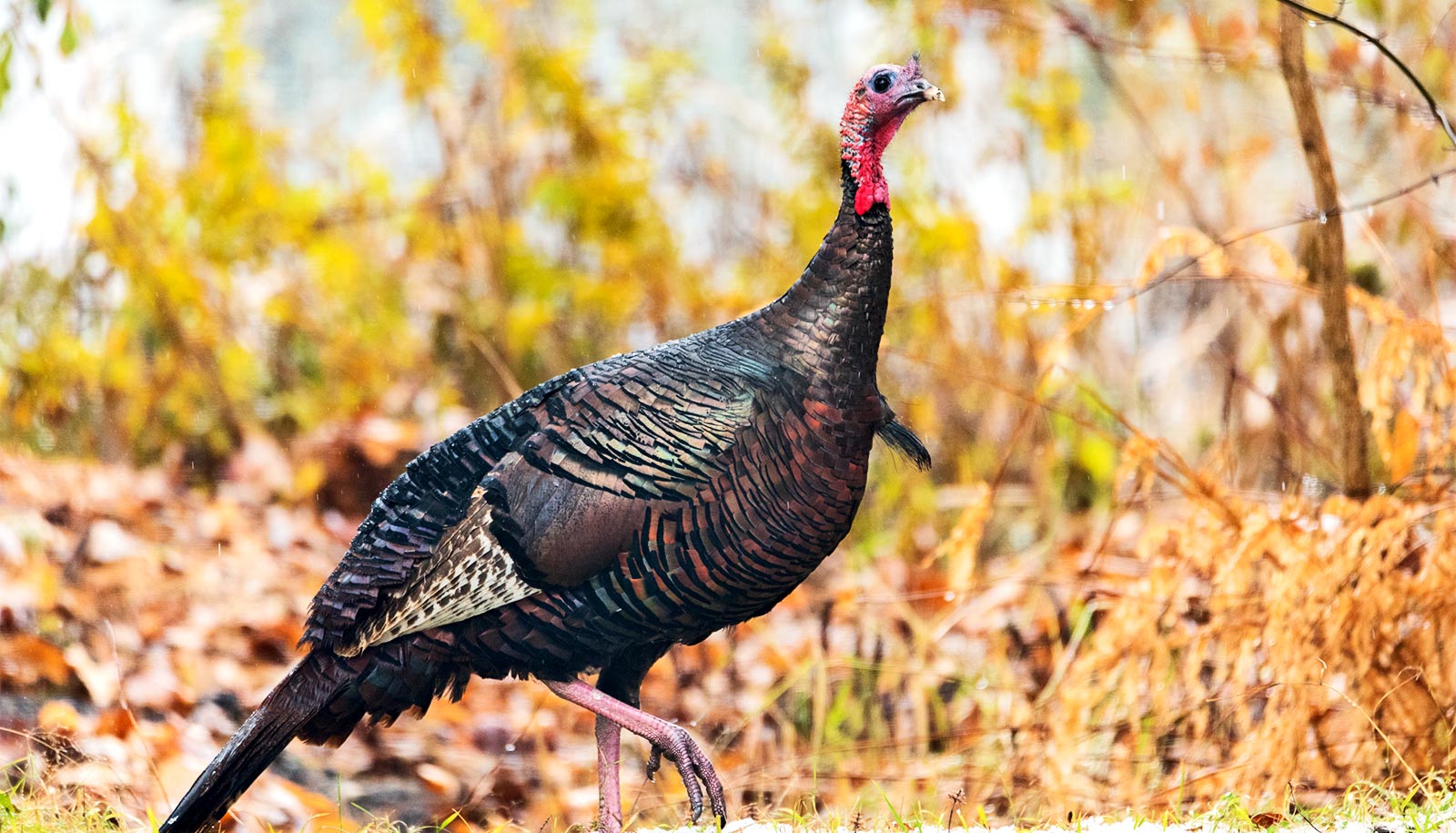 Climate change may not alter turkey nesting much
Climate change may not alter turkey nesting muchWild turkeys are relatively inflexible when it comes to when they begin nesting. That could make them vulnerable to future shifts in climate.
-
 Enzymes split cotton from polyester in fabric blends
Enzymes split cotton from polyester in fabric blendsA new way to separate cotton and polyester with enzymes could lead to better textile recycling, say researchers.
-
 Warming could lead to a 23% US timber tree loss by 2100
Warming could lead to a 23% US timber tree loss by 2100The availability of trees used for timber in the continental US could decline by as much as 23% by 2100 under more severe climate scenarios.
-
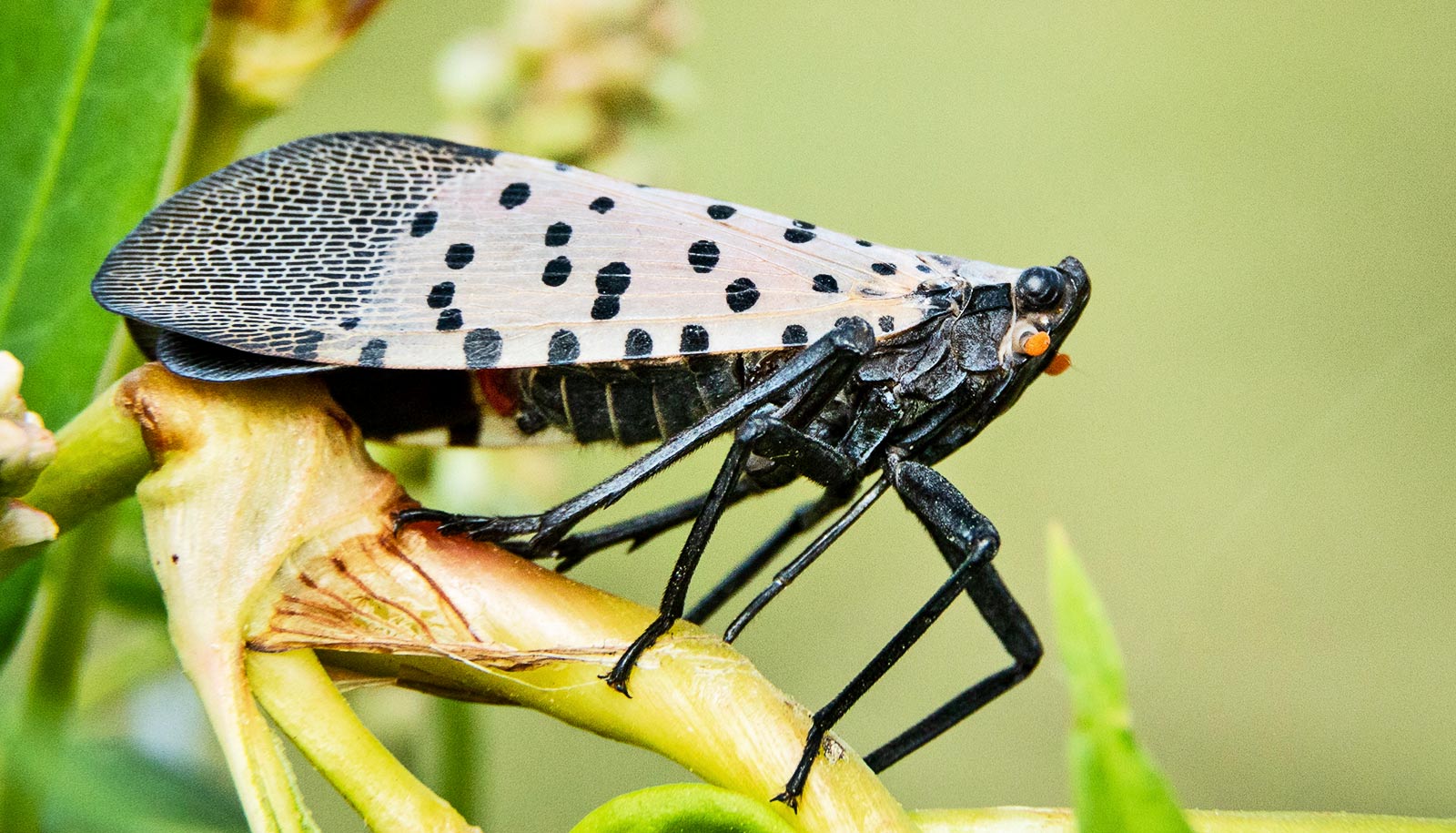 Tweets could track the spread of invasive insects
Tweets could track the spread of invasive insectsTwitter and online news articles could help track the timing and location of spreading invasive insects in the US and around the world.
-
 Embroidery stitches make low-cost wearable sensors
Embroidery stitches make low-cost wearable sensorsEmbroidering power-generating yarns onto fabric could offer a low-cost, scalable way to make wearable devices.
-
 Teachers have 5 areas of concern for kids’ online safety
Teachers have 5 areas of concern for kids’ online safetyTo be effective, digital safety education has to be ongoing and reinforced, "not only for the kids, but also for teachers and parents."
-
 Fewer people blame sharks for bites after watching positive videos
Fewer people blame sharks for bites after watching positive videosAfter watching positive videos about sharks, fewer people blamed them for bites and more approved of nonlethal response strategies.
-
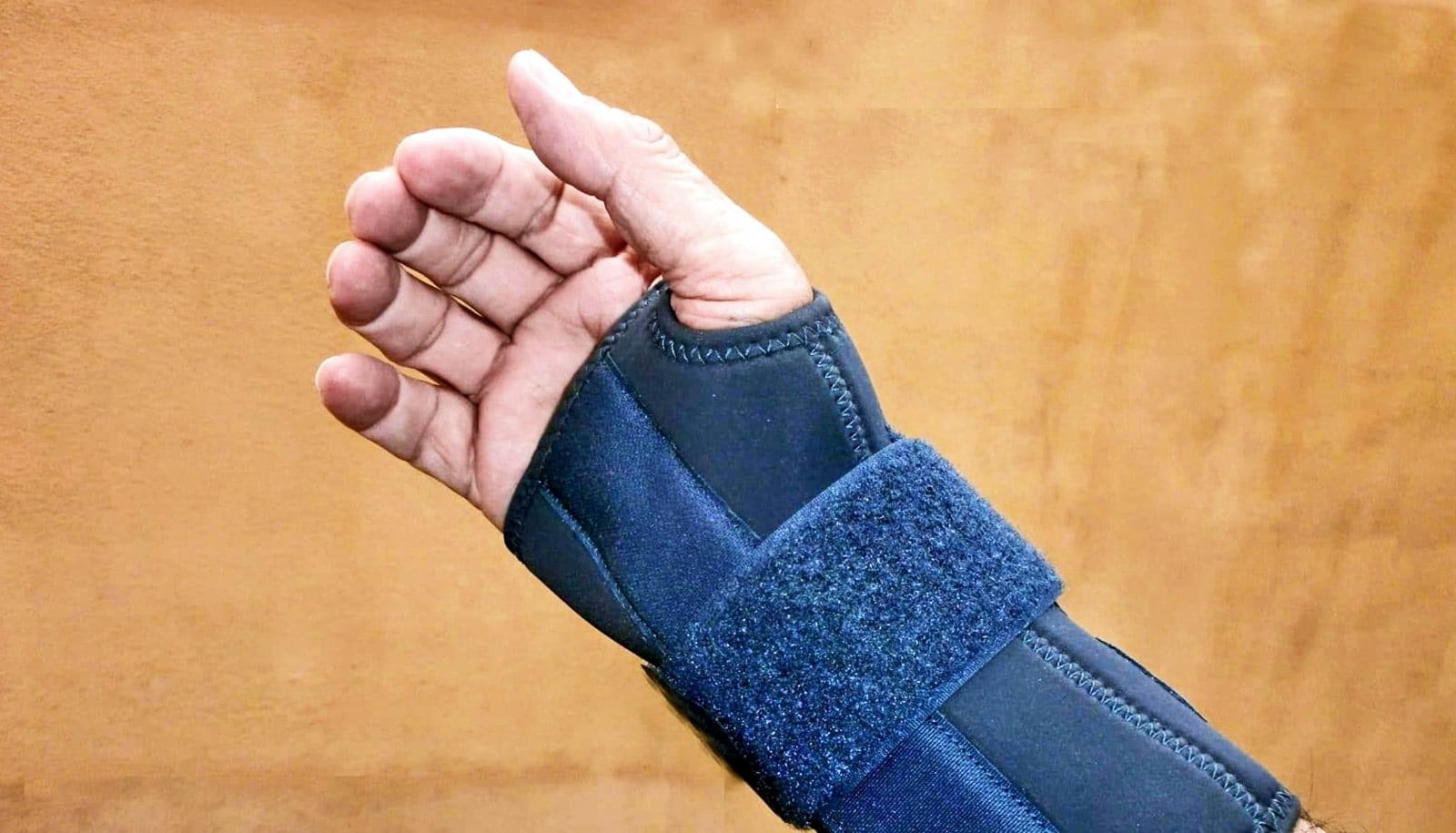 Reviews show aesthetics matter for assistive devices
Reviews show aesthetics matter for assistive devicesPeople who use assistive devices care about the way they look, feel, and even smell, a new study of user reviews shows.
-
 Polymer removes dye from wastewater
Polymer removes dye from wastewaterA new synthetic polymer can remove certain dyes, like those used in cosmetics, paper, and medicine, from wastewater. It's also reusable.
-
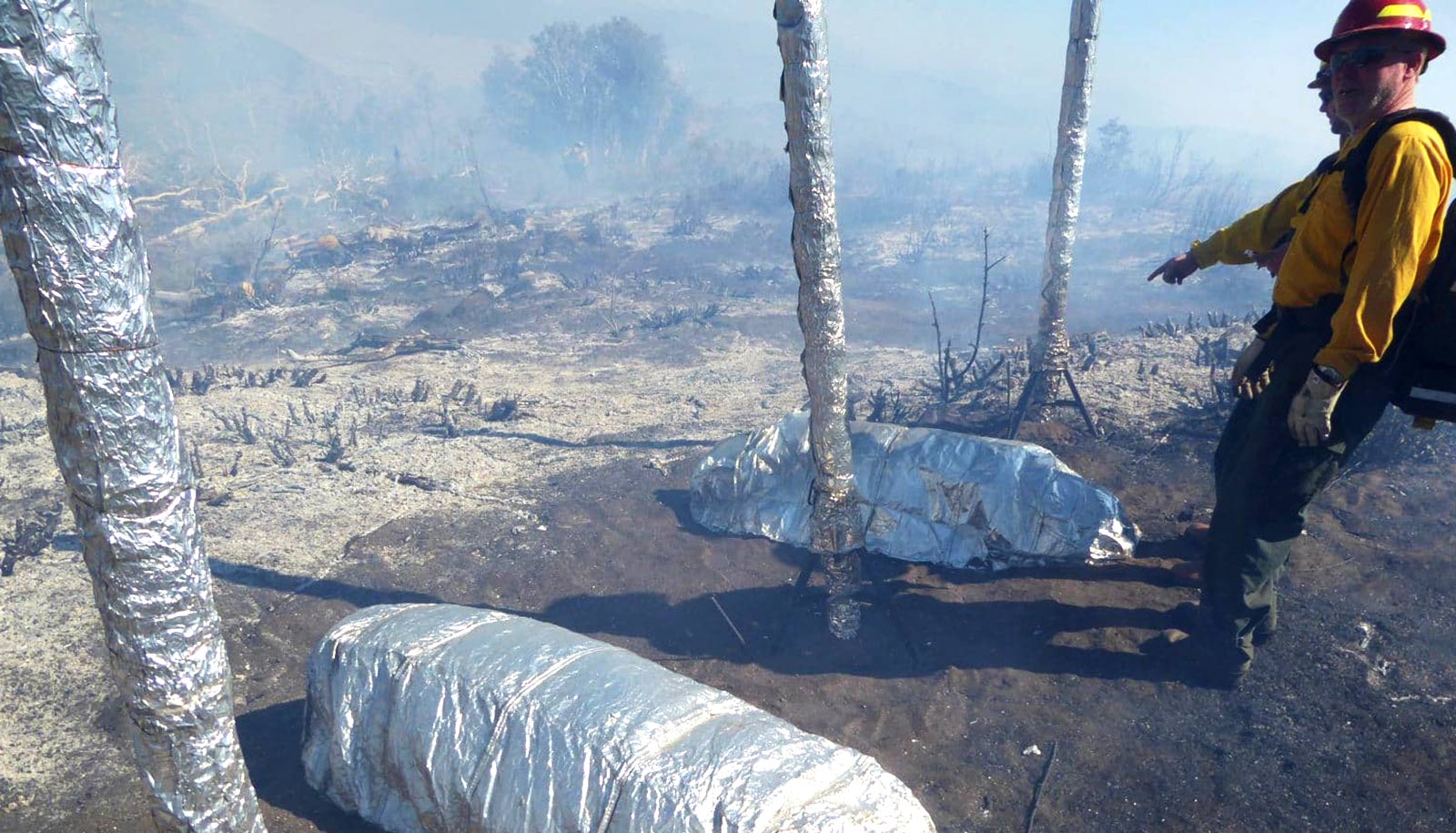 New shelter designs boost firefighters’ survival chances
New shelter designs boost firefighters’ survival chances"For the wildland firefighter, deploying a shelter is the last thing they want to do—it's the final resort, the last line of defense," says Roger Barker.